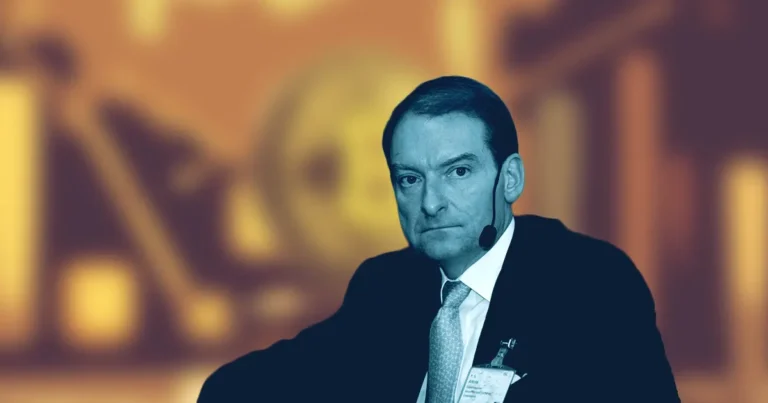21-5-2025 – Under the stewardship of its newly appointed Chair, Paul Atkins, the U.S. Securities and Exchange Commission (SEC) finds itself navigating turbulent waters, thrust once more into the spotlight of controversy. In a recent congressional grilling on 20 May, Atkins faced pointed questions from lawmakers probing the agency’s approach to cryptocurrency fraud, with particular scrutiny falling on the stalled case against Justin Sun and the swirling political intrigue surrounding meme coins linked to Donald Trump. The session laid bare concerns over regulatory inconsistency, opaque decision-making, and the spectre of political interference in the SEC’s operations.
At the heart of the House Appropriations Committee hearing was Representative Glenn Ivey’s probing of the SEC’s handling of Justin Sun, a prominent figure in the crypto world and a major holder of a Trump-themed meme coin. Sun’s ties to World Liberty Financial, a Trump-inspired crypto venture that recently secured a $30 million token purchase from Tron, raised eyebrows. Atkins, while affirming that the fraud case against Sun remains active, offered little in the way of specifics, leaving room for speculation about whether internal hesitancy or external pressures are at play.
Atkins’ testimony also signalled a potential shift in the SEC’s approach to digital assets, marking a departure from the more restrictive policies of the Biden-Gensler era. Emphasising the need for clear, structured guidelines on the issuance, custody, and trading of cryptocurrencies, Atkins hinted at a preference for policy-driven solutions over aggressive litigation. This pivot has sparked cautious optimism among some senators, though others remain wary, viewing the sudden change with suspicion.
Looking ahead, the SEC’s Crypto Task Force, now under the leadership of Commissioner Hester Peirce, is poised to play a pivotal role. Atkins remained tight-lipped on the task force’s resource allocation but confirmed that it is working towards delivering a comprehensive report in the coming months, with proposals for actionable regulatory frameworks. Meanwhile, the Senate’s advancement of the GENIUS Act, a bill focused on stablecoin regulation, suggests that Washington may be edging towards a more cohesive crypto policy.


